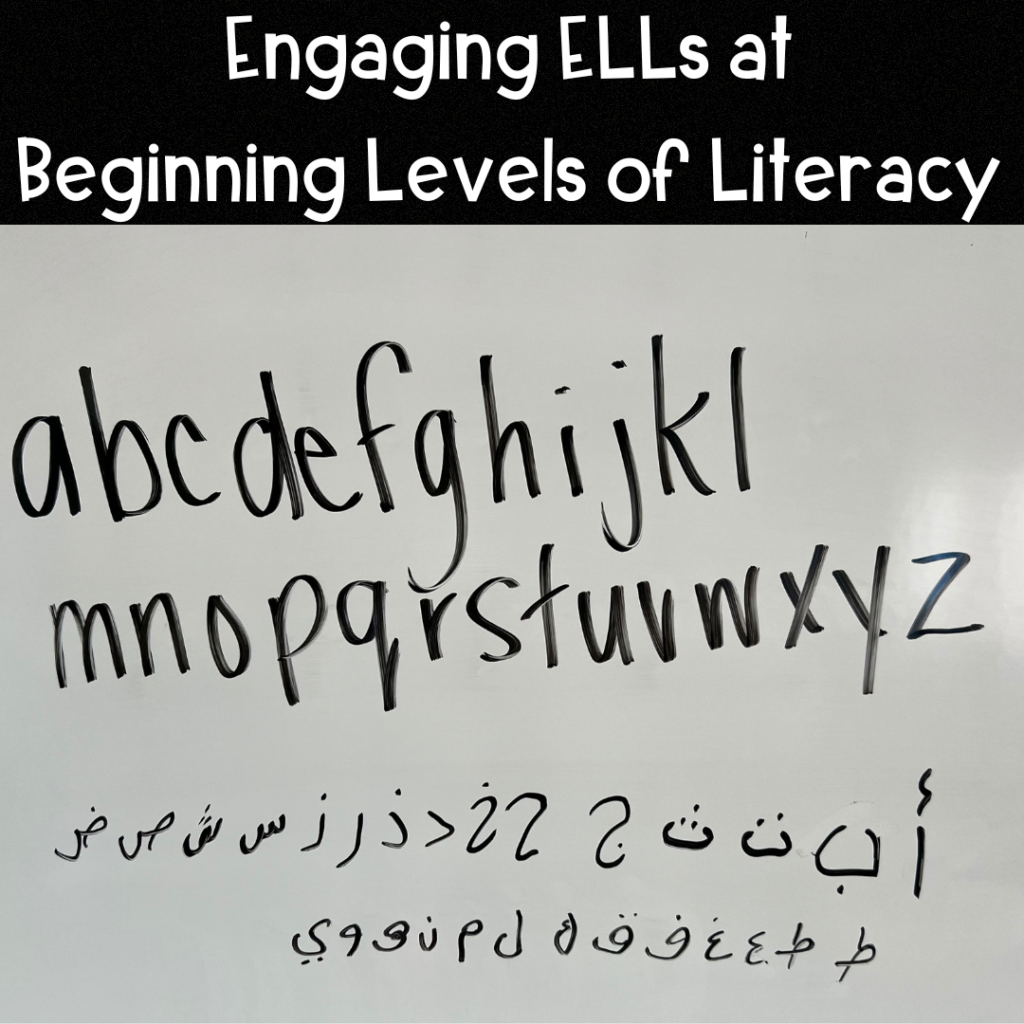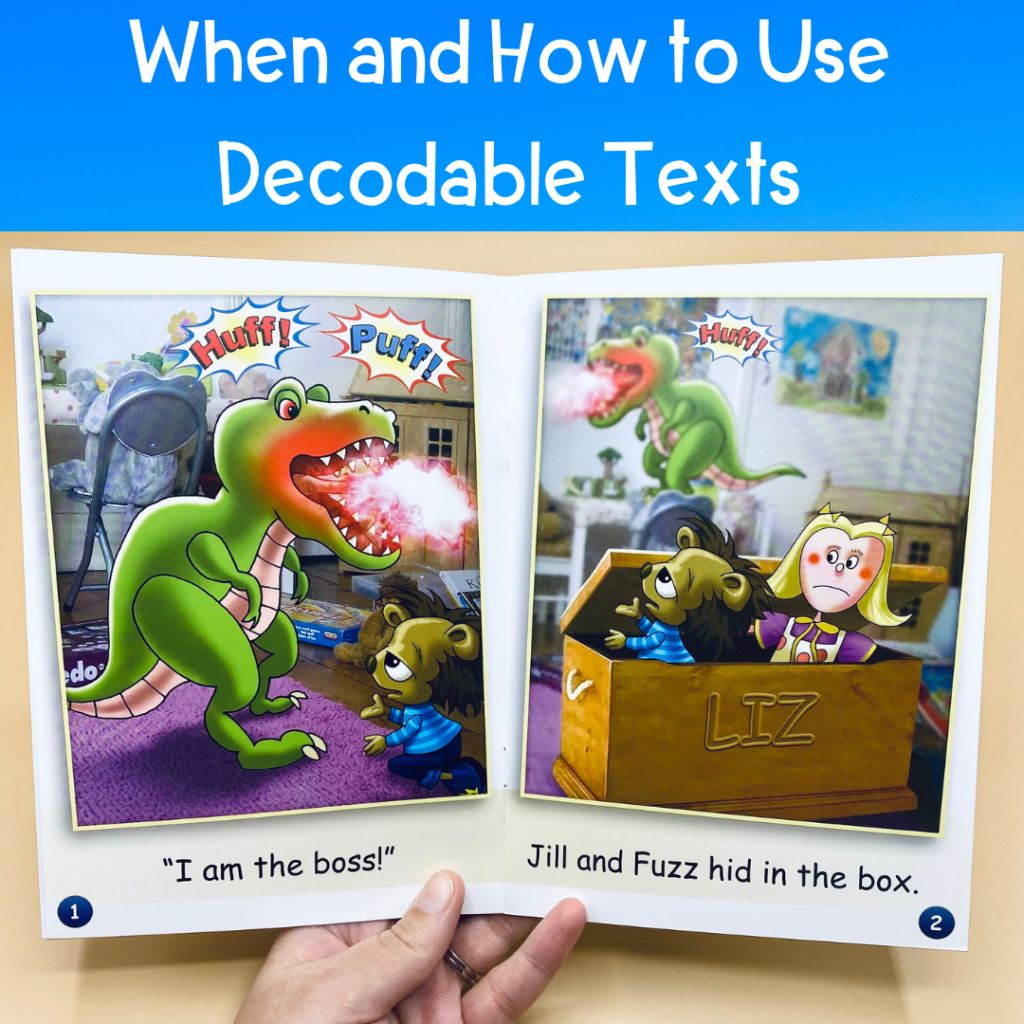The Blog
Want to know how the Science of Reading applies to your classroom? Keep reading to discover what the research suggests, and how we should teach phonics and phonemic awareness to help all students learn to read.
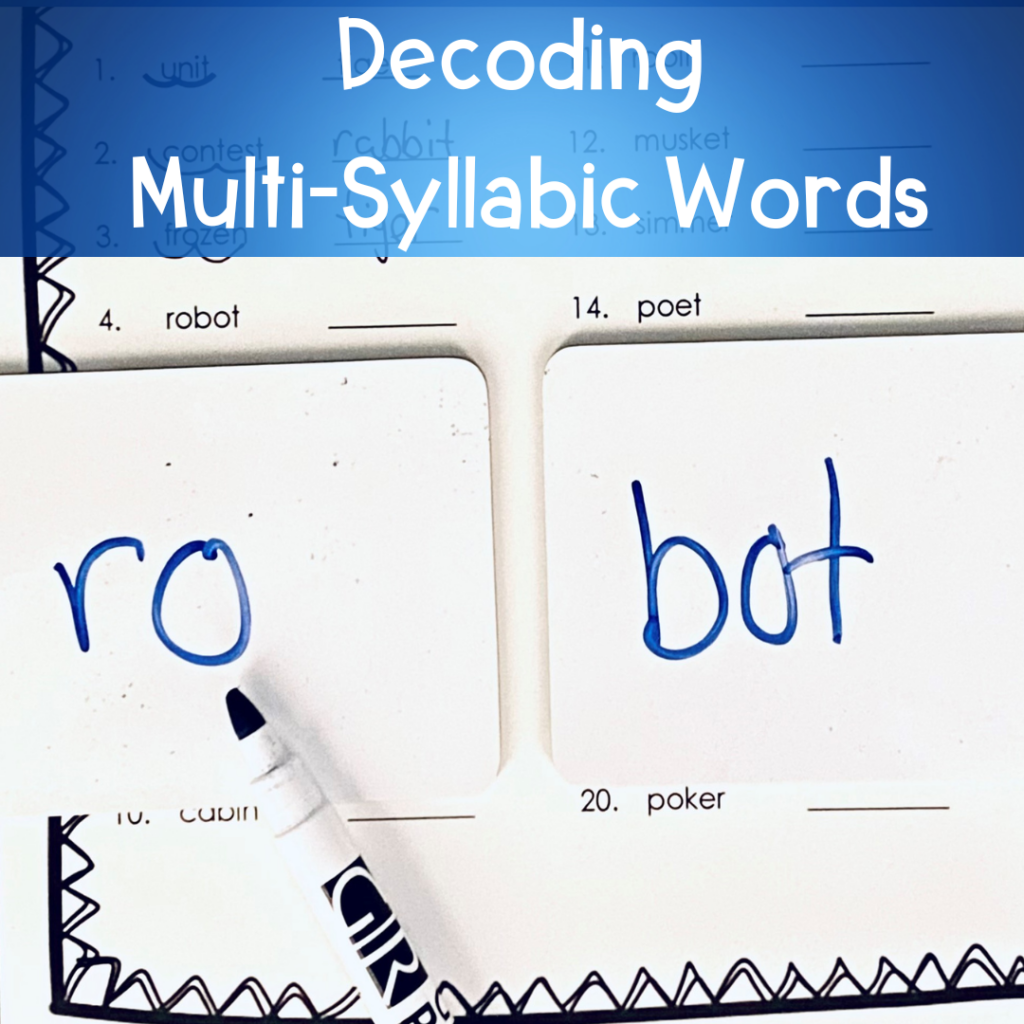
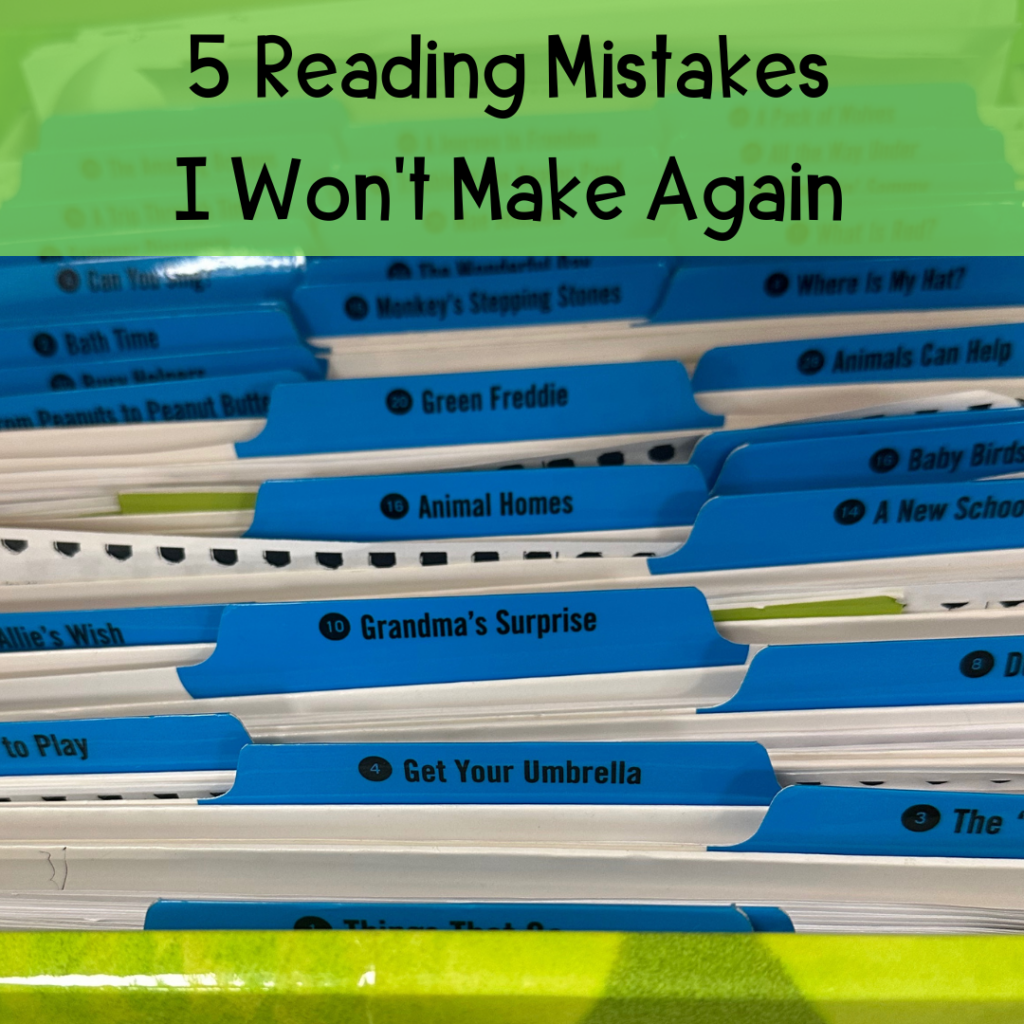
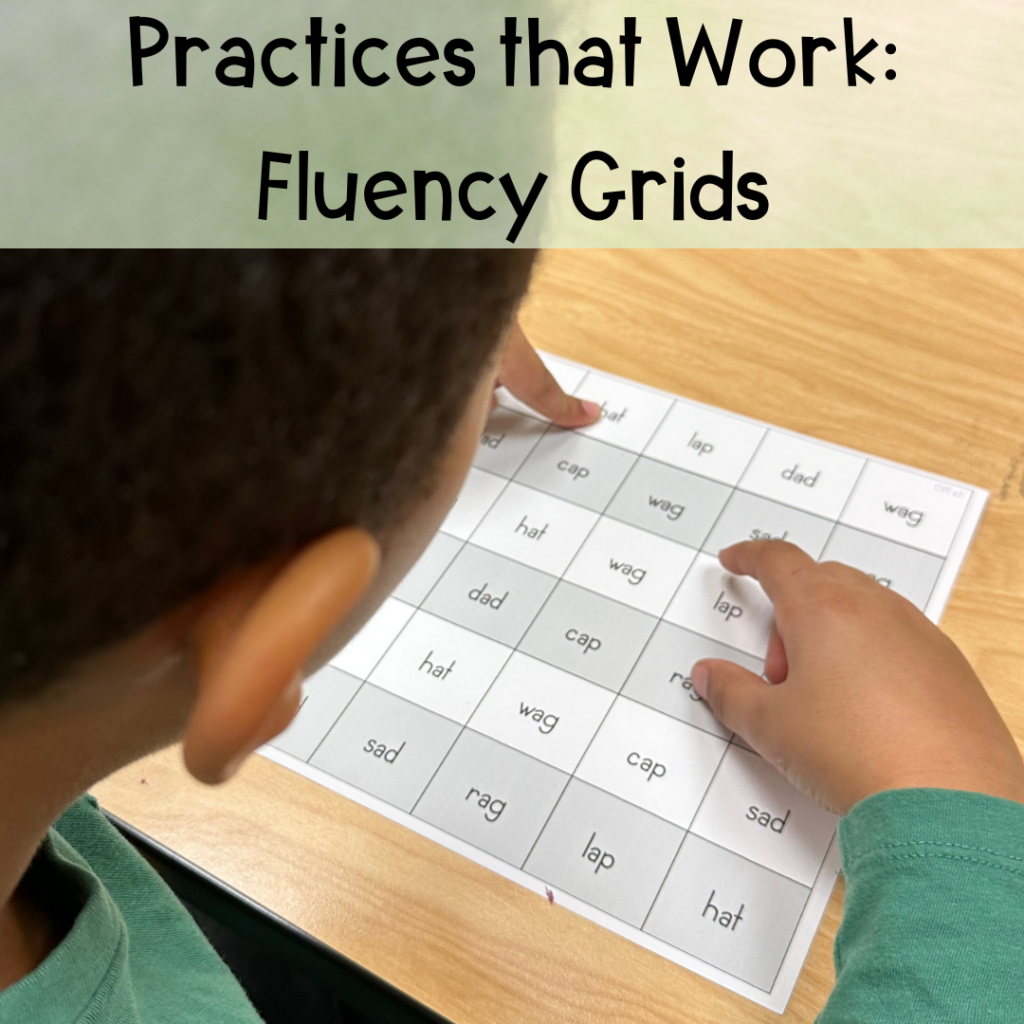
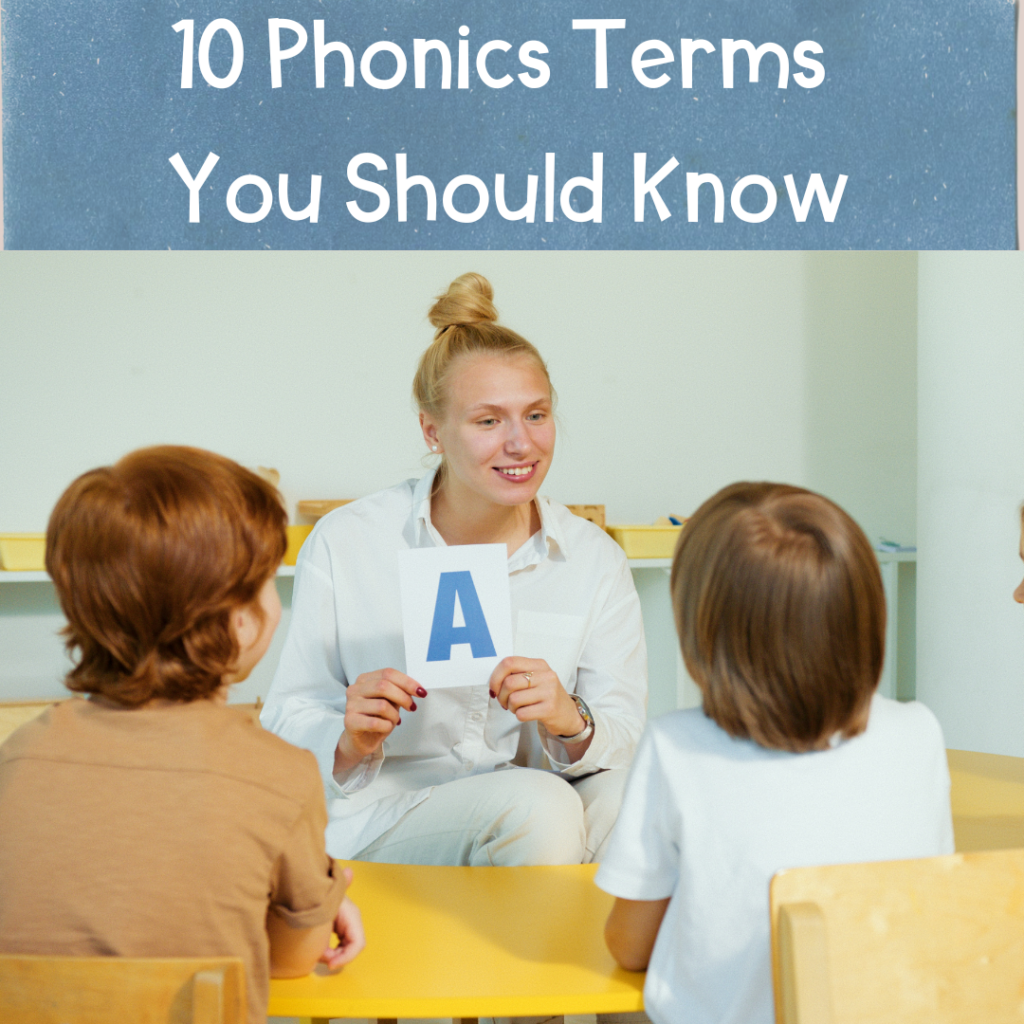
- Phonics
Today, I want to keep it simple. When you first learn about the Science of Reading, it can be overwhelming. (Been there, done that, maybe cried a bit.) There is SO MUCH information, and much of it we never saw in our pre-service programs. So today, I’m simplifying some terms. Let’s talk about 10 essential phonics terms.I do not expect

- Phonics
I have to be honest: I am a full-on history nerd. As an undergrad, I was a religious studies and history major. I always knew I would end up a teacher, but I was 19 and loved learning about history. Perhaps not my smartest move, but it was definitely an interesting time as a student. Several years ago, my
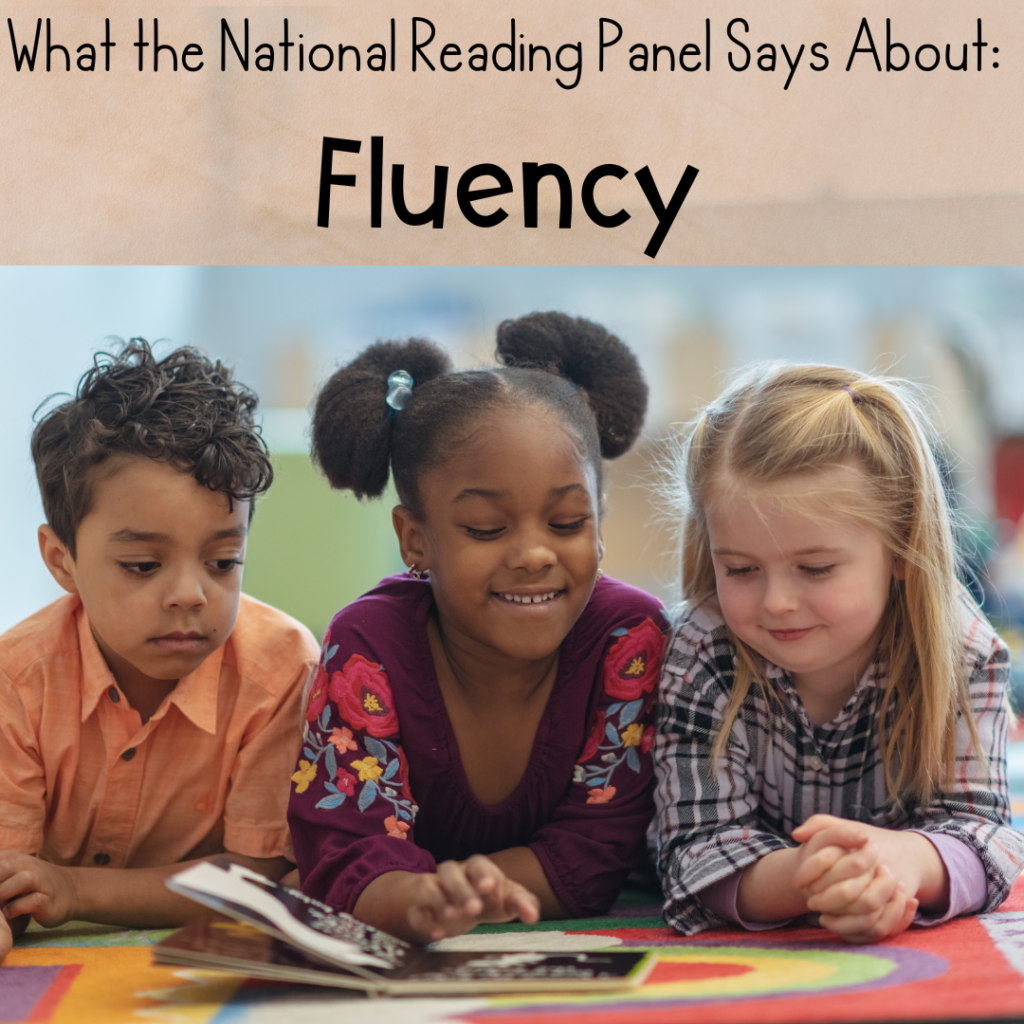
- Fluency, Reading Research, Science of Reading
Today marks my third look into the national Reading Panel. I’ve already discussed their work on phonemic awareness and phonics. Looking into fluency, though, the report felt different. There were no tables full of effect sizes: in fact they weren’t even able to conduct a metanalysis on one of their topics because there simply were not enough reports that

- Book Reviews
Pretty regularly, the issue of blends comes up. Do we explicitly teach them, or not? With so many different sound-symbol correspondences to teach, is it really worth the time to teach blends? Today, I want to address what blends are, why we’re arguing, and why you really, really should be teaching them. Blends can be categorized into 4 main categories.
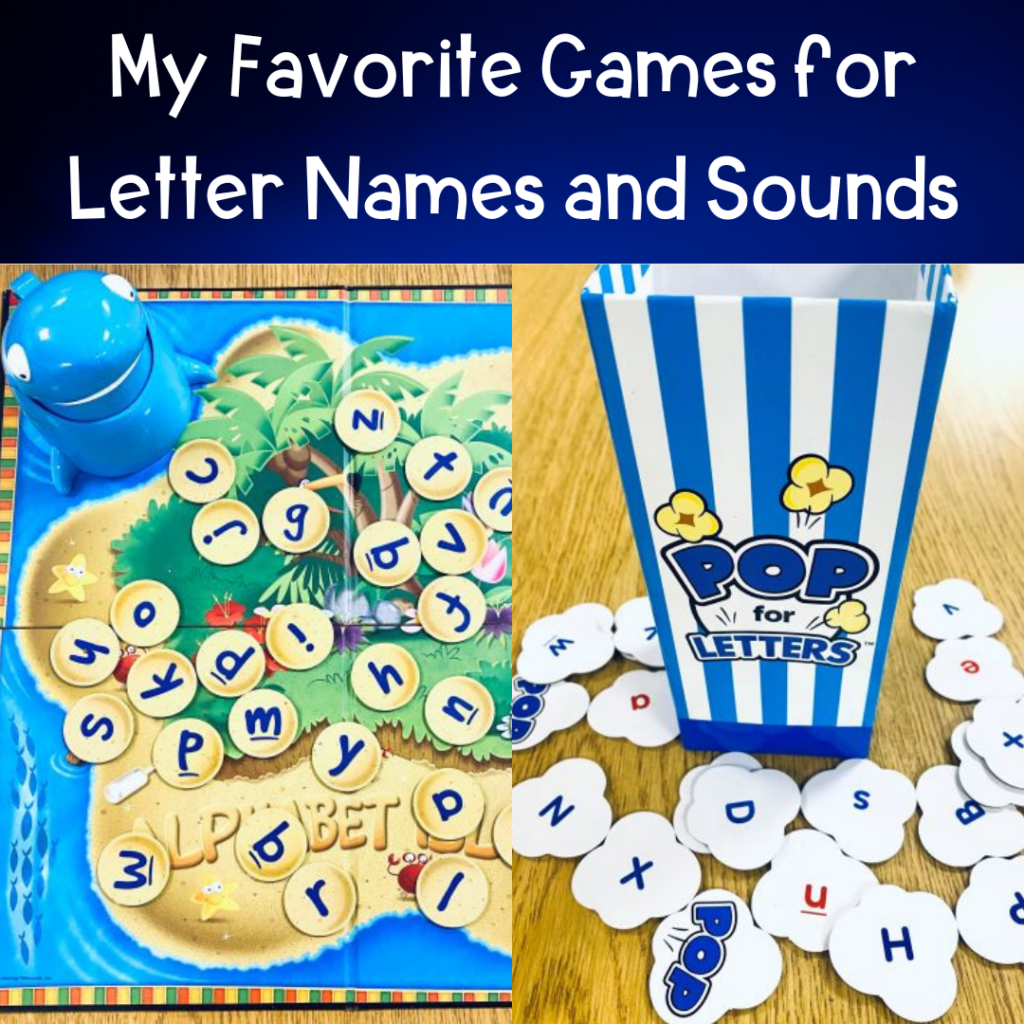
- Alphabet Knowledge, Phonics
In general, I don’t play games every day with my students (or every week.) There is one huge exception to that rule, though: kindergarten. In my kindergarten groups with students who are still learning their letters, I play games almost daily. The reason why is two-fold. For starters, kindergarteners are still learning to adjust to school and need to shift

